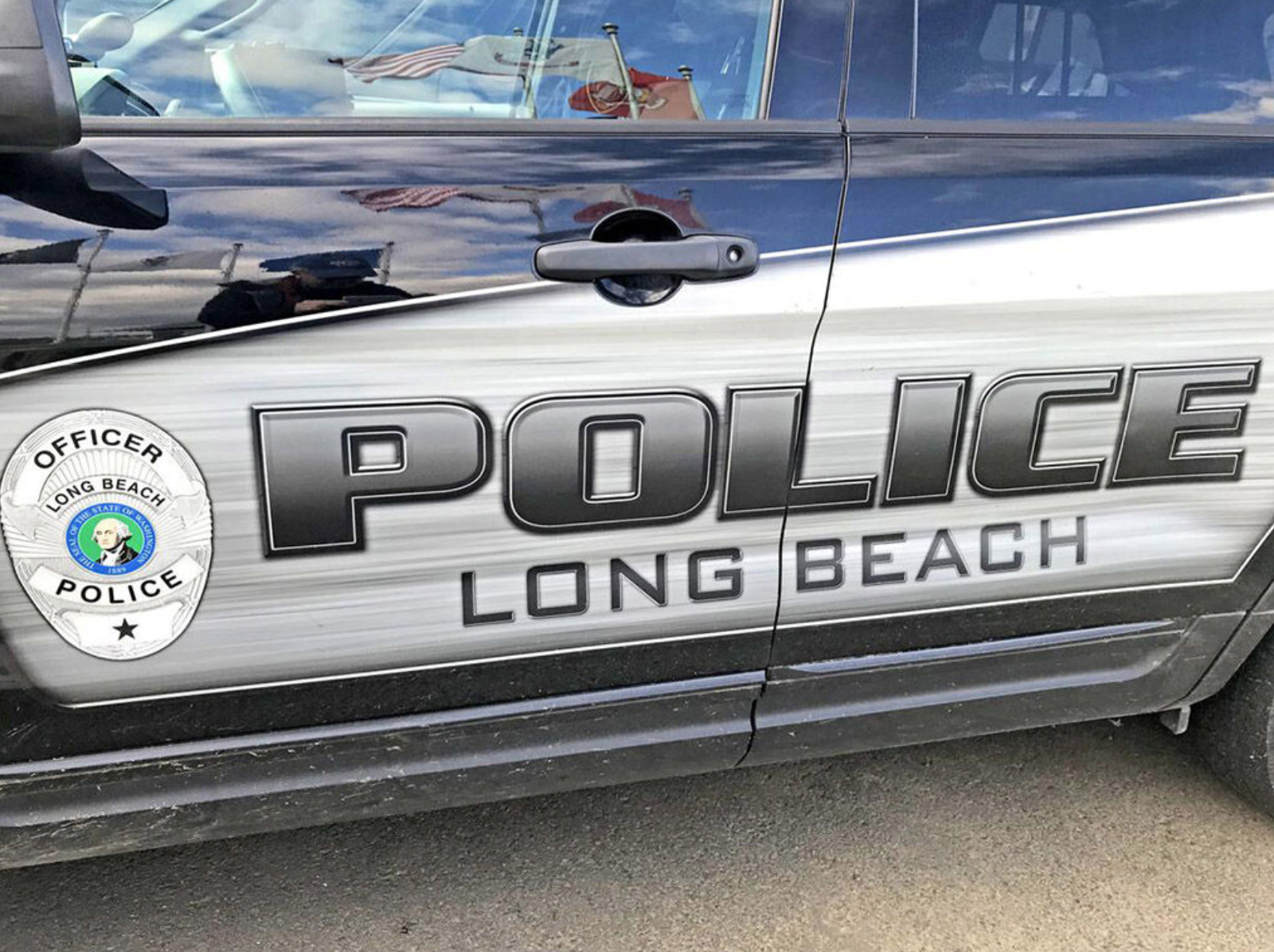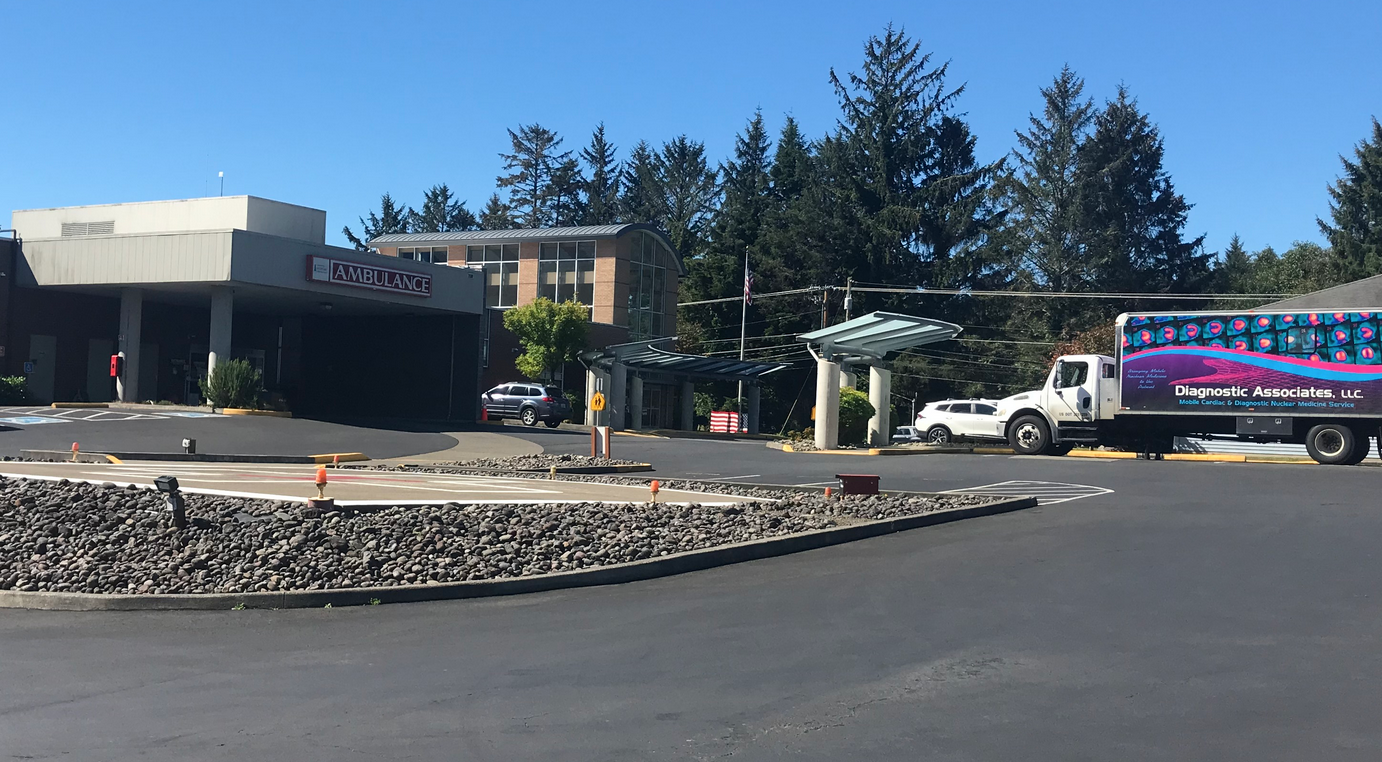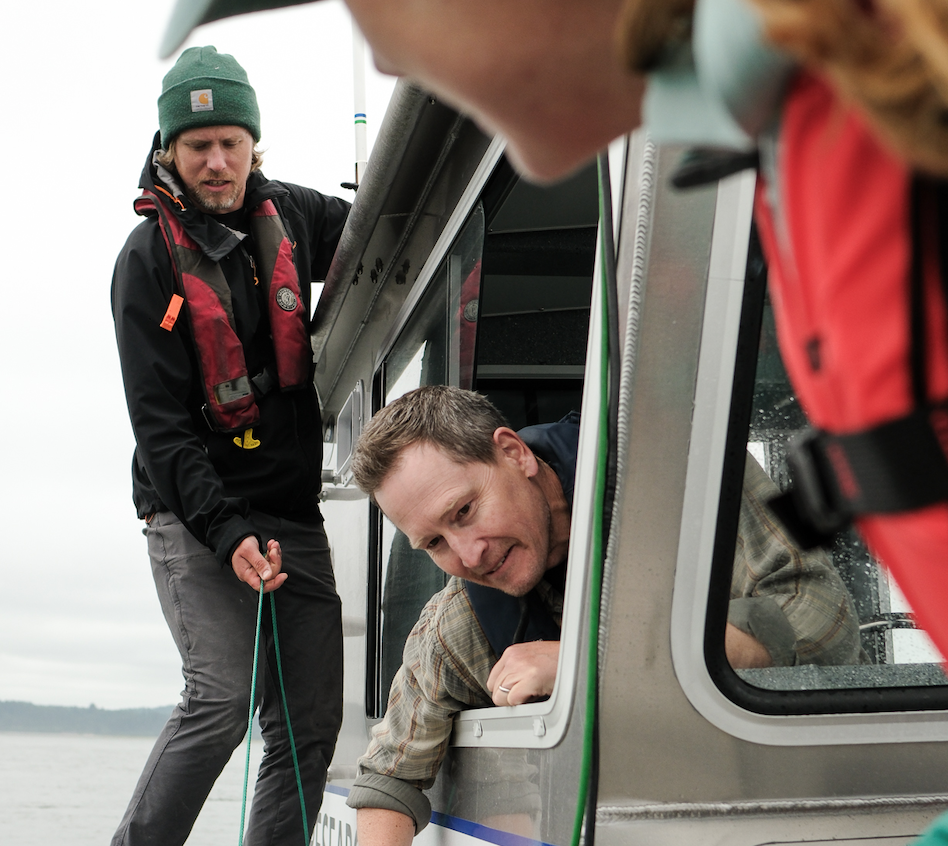WDFW approves Saturday and Monday razor clam digging at Mocrocks Beach only
Published 12:06 pm Thursday, May 13, 2021

- WDFW announced a two-day clam dig on Mocrocks beach, just south of the Quinault Indian Reservation.
OLYMPIA — For the first time in 2021, shellfish managers have approved two days of razor clam digging on Saturday and Monday, after marine toxin tests showed the clams are safe to eat.
Trending
The approved morning razor clam digs on Mocrocks beach only, along with low tides, are listed below:
• Saturday, May 15; 9:37 am; -0.5 feet; Mocrocks
• Monday, May 17; 11:03 am; -0.1 feet; Mocrocks
Trending
No digging is allowed after noon during digs when low tide occurs in the morning.
“After this long closure due to high levels of marine toxins, we are happy to open a dig this weekend, said Dan Ayres, WDFW coastal shellfish manager. “And, even though it is just one beach, we hope people will enjoy the opportunity responsibly.”
No other beaches are scheduled to open at this time, and WDFW will continue testing marine toxins in razor clams in conjunction with the Washington Department of Health, in order to determine whether additional digs can be scheduled before the end of May, the normal season end point.
The most recent toxin test near Surfside on the Long Beach Peninsula found a level of 23 parts per million; the level has to be under 20 ppm and trending downward before a dig is permitted. The level was 31 ppm on Twin harbors beach between the mouth of Willapa Bay and Westport.
Many ocean beaches are open to motor vehicles, but drivers are required to follow the “rules of the road,” said Ayres. “Mocrocks beach only has three points of road access, so we are asking beachgoers to arrive early and exercise good judgment when accessing the beach,” he added.
“Under state law, all vehicles — and horses — are required to travel along the extreme upper limit of the hard sand,” he said. “When in doubt, follow the path marked by multiple tire tracks.” Drivers who veer from that path pose a direct threat to fish and wildlife, Ayres said. Motorists who violate Washington state laws on beach driving can face a fine of $150, or much more for killing endangered seabirds, like snowy plovers.
The agency continues to emphasize ‘digging while distancing’ and masking up when near others to support efforts by community health experts to ensure a fun and safe razor clam season.









